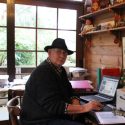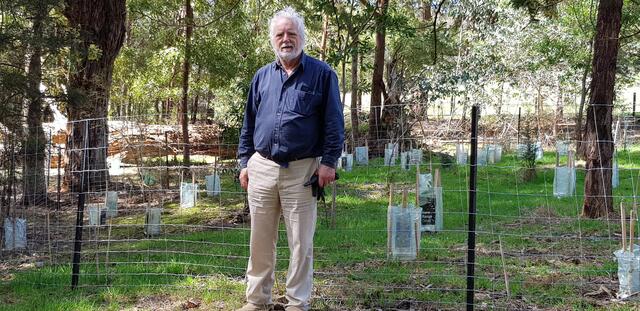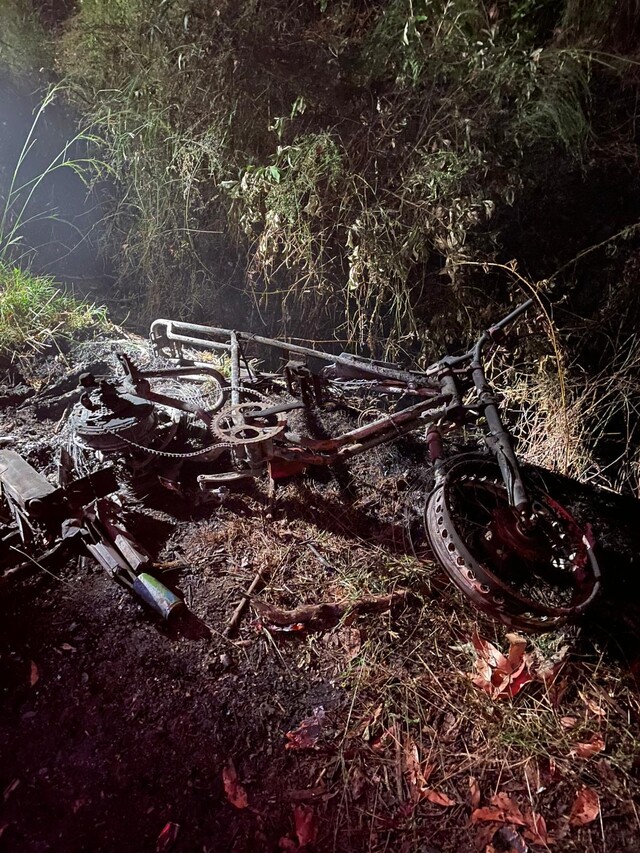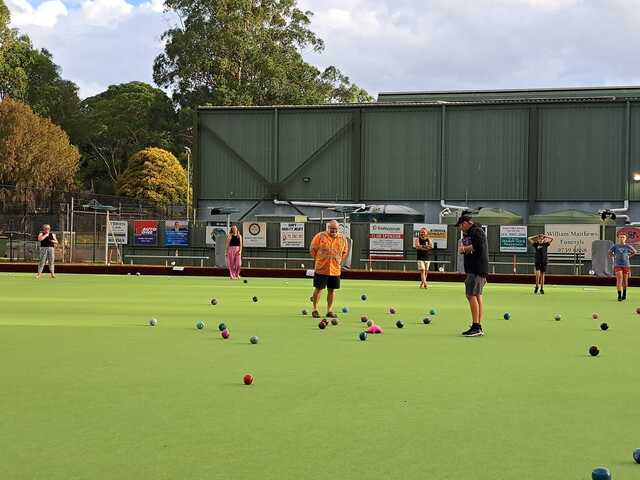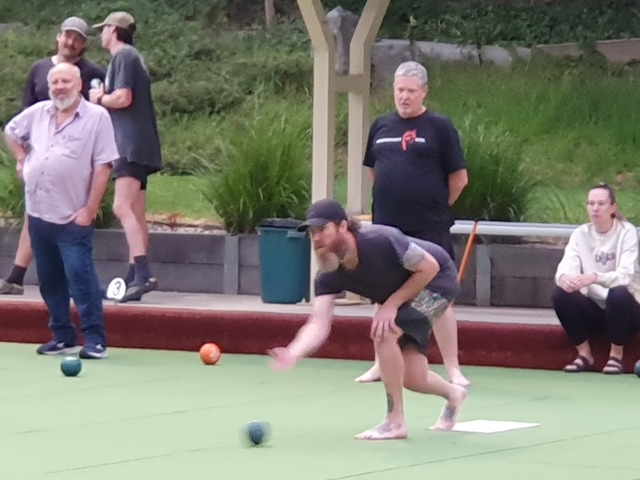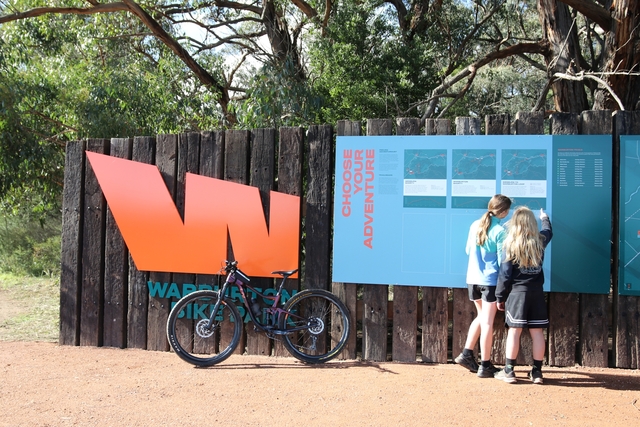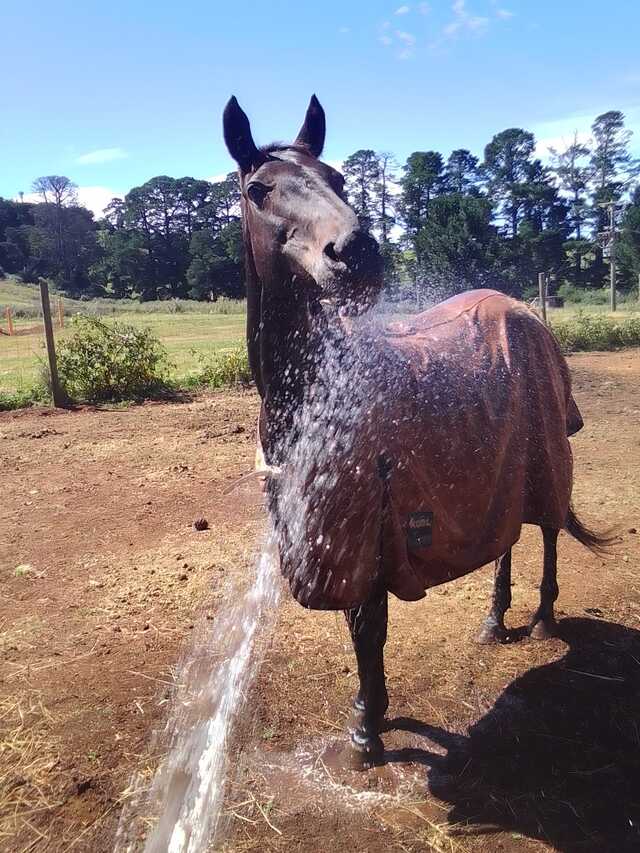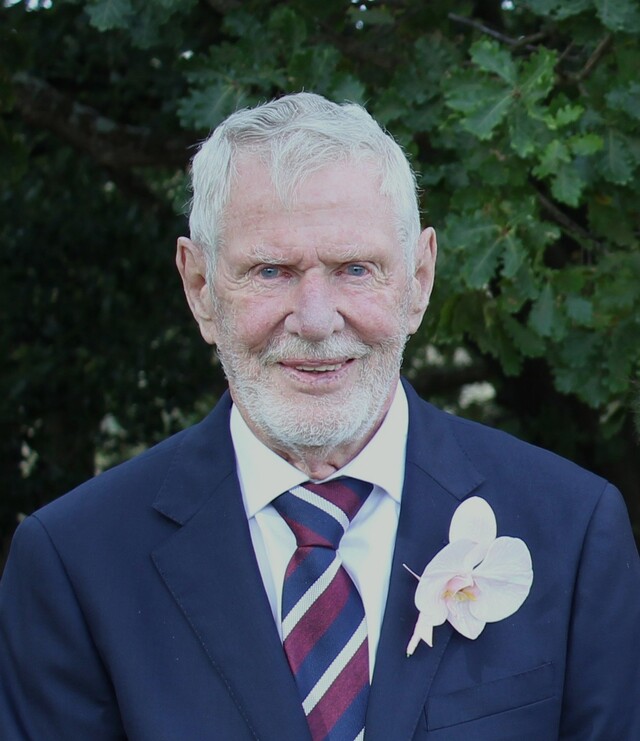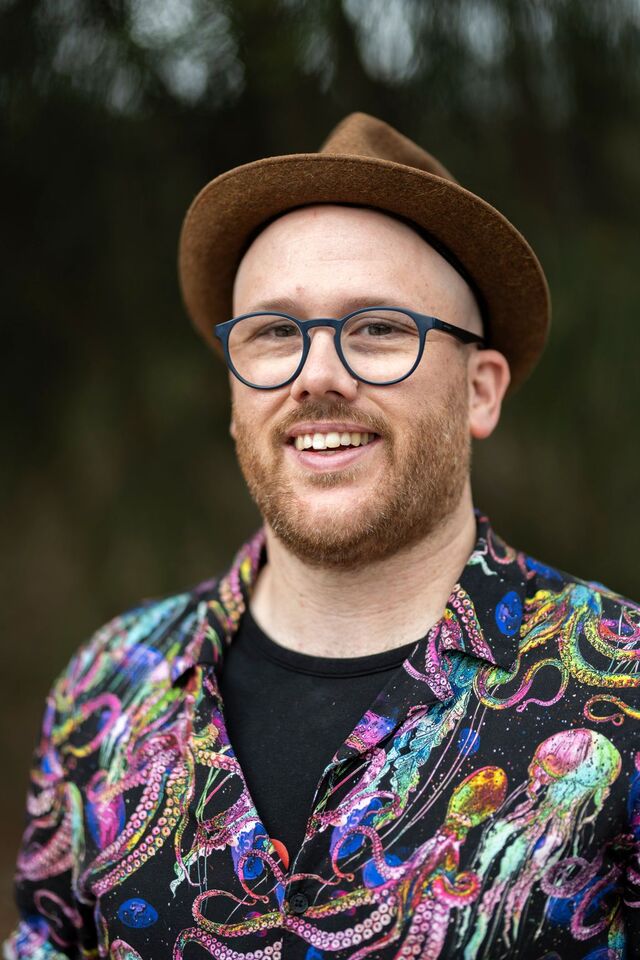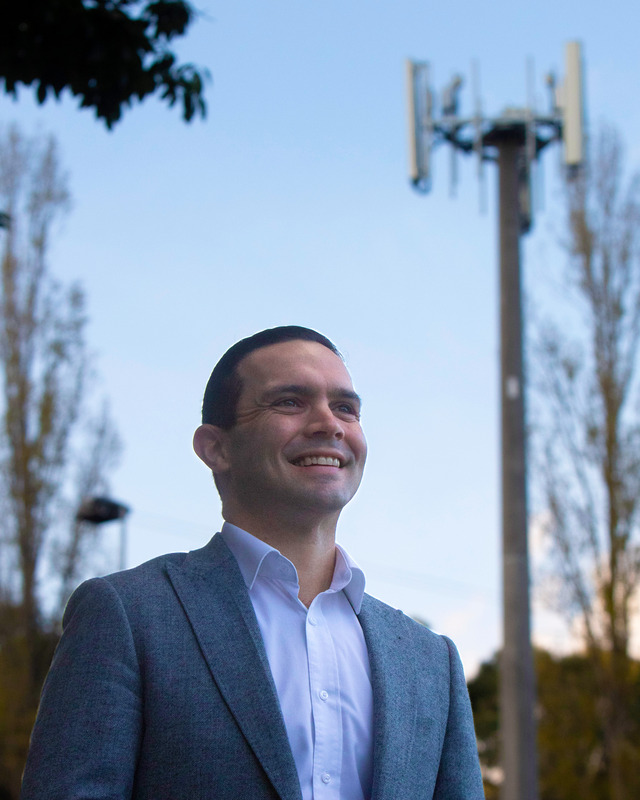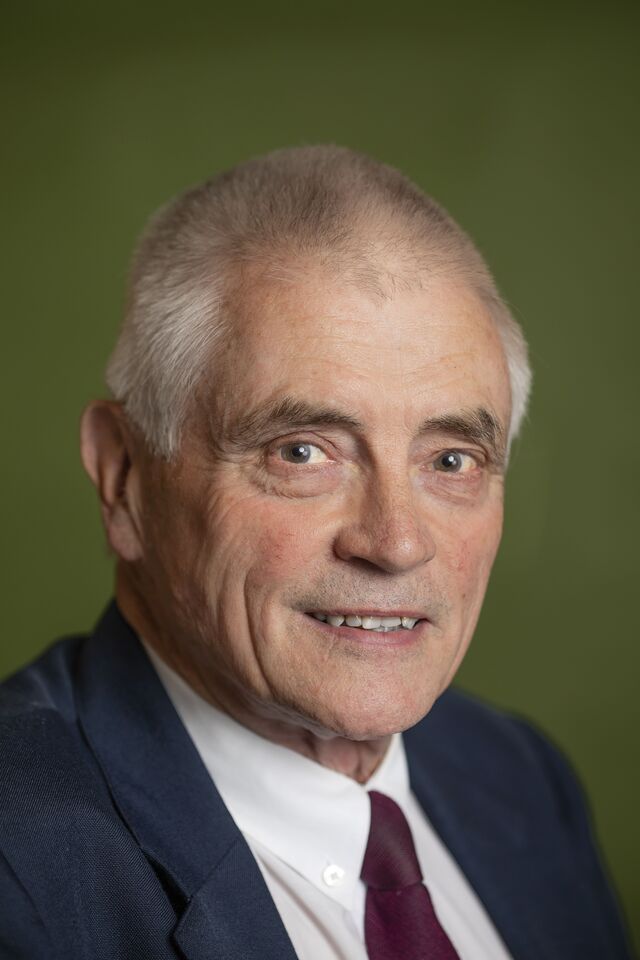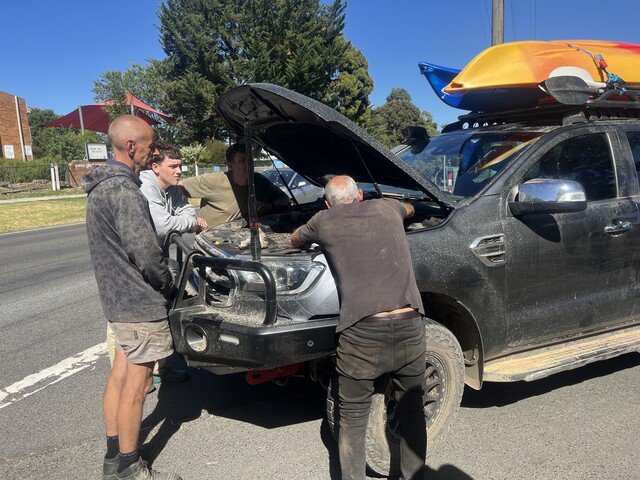By Kath Gannaway
An adoption Think Tank in Warburton in June aims to give a national voice to adoptees.
Attended by adult adoptees from around Australia, the first Adoptees Round Table Think Tank (ARTT) was co-ordinated by local adoptee William Hammersley who has for a number of years lobbied for changes to historic adoption practices.
A total of 25 adopted people from Victoria, New South Wales, Queensland, South Australia and the ACT spent 2 to 4 June at Warburton Lodge, many meeting face to face for the first time with people they have shared their stories with on Facebook. They have been also sharing their hopes for the future.
Facilitated by Dr Sara Murphy, a member of the Australian Psychological Society with an extensive background knowledge and understanding of attachment theory.
An intense agenda covered topics ranging from the use of language and traditional terms, the status of birth certificates, open adoption vs closed adoption, stewardship or adoption, and the use of DNA testing, media coverage of what is an under explored topic, and the need for guidelines, addressing the needs of a range of people involved in the adoption process and the establishment of a national body.
Dr Catherine Lynch from the Australian Adoptee Rights Action Group joined the Think Tank online for the final session.
She spoke of the impact on the internet in bringing adoptees around the world together and the revelations that came out of that open discussion.
In a quote from the manual, Dr Lynch said “Adoptees live their lives trying to manage in a myriad different ways the debilitating lifelong impacts of premature maternal separation, that is, the loss of their mothers at or near to birth, as well as multiple identity disruptions and disconnection from family, kin and ancestry.”
Mr Hammersley said he was one of the people who found a voice on the internet.
“We constantly have the problem of not being recognised and having our voices heard,” he said.
“No-one wants to listen to us because we are telling a different story to the accepted story of adoption,” he said.
“Yes, there are happy adoptees, but all suffer some problems.
“Many don’t recognise those problems – the separation from the mother at birth and the trauma that instills in the child for the rest of their life.
“They not only remove the child at birth, but change our identity; it is a core problem for adoptees.”
Mr Hammersley said a light-bulb moment at the ARTT was that adoptees wanted the right to be the person they were born as – to discharge their adoption with no fault.
“We don’t want to have to blame adoptors, we don’t want to blame parents, we don’t want to blame anyone.
“Adoption should not lock us into a lifelong sentence … we didn’t sign up for it, we were babies.”
A working group will now work towards formalising a national body with a second Think Tank planned for Queensland.
“We will elect a national body and work on projects to get our voices heard,” Mr Hammersley said.

